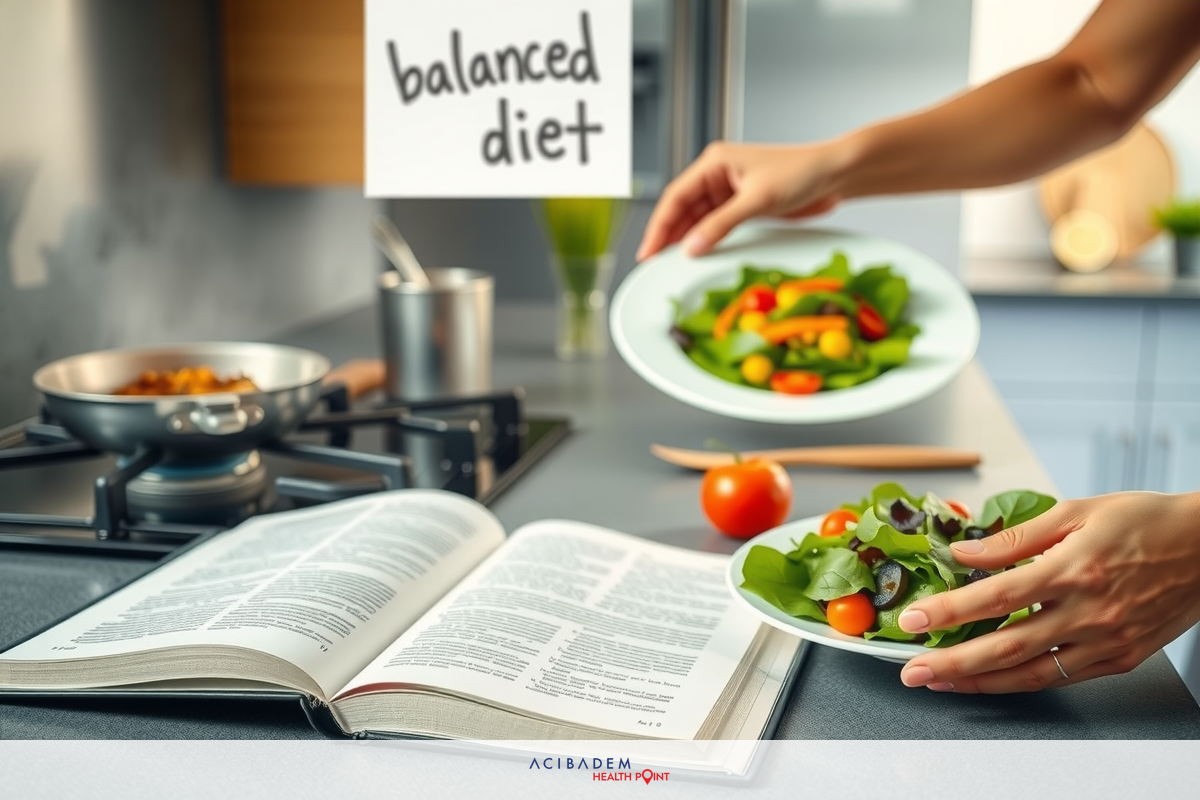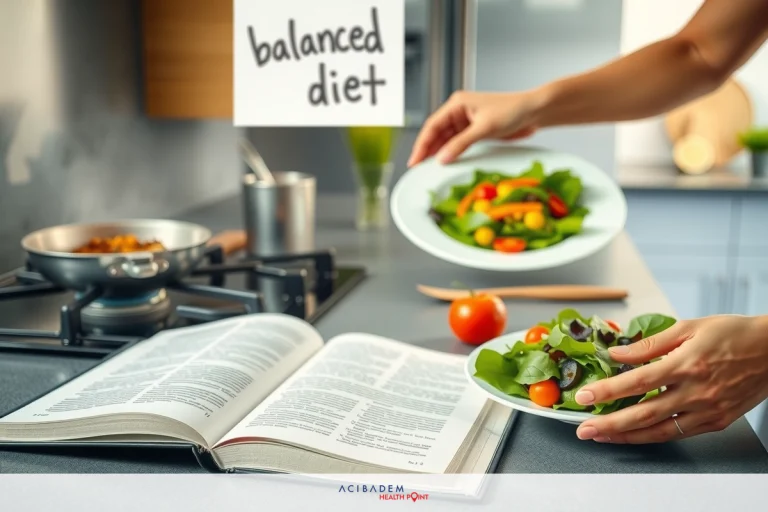How Much Can I Eat After Gastric Sleeve?
How Much Can I Eat After Gastric Sleeve? Embarking on gastric sleeve surgery represents a noteworthy stride toward attaining a healthier body weight and enhancing overall well-being. This procedure involves reducing the stomach’s size, which naturally limits the amount of food you can comfortably consume. However, figuring out the right balance of portion control and nutrition can be a challenging task in your post-surgery journey.
It’s essential to understand that healthy eating is more than just limiting your food intake. It’s about making conscious choices to fuel your body with nutrient-dense foods and maintain an optimal intake of proteins, vitamins, and minerals. This article provides insights into portion control, developing a healthy eating pattern, and meal planning after gastric sleeve surgery.
Portion Control
Portion control is a fundamental principle in the post-surgery diet after undergoing a gastric sleeve procedure. Due to the reduced size of your stomach, managing the amount of food you consume becomes crucial to avoid discomfort and potential complications. The goal is to eat smaller meals throughout the day rather than three large meals. This approach not only aids in digestion but also helps in maintaining steady energy levels and prevents overloading your modified stomach.
Post-operatively, patients are recommended to start with liquids and gradually transition into soft foods, followed by more solid foods over time. During this period, it’s important to listen to your body’s signals and stop eating as soon as you feel full. Consuming too much food can cause nausea, vomiting, or even stretch out your stomach over time. As a general rule, aim for meals that fit into a cup or a small plate which typically equates to about 1/4 to 1/2 cups of food.
The key to successful portion control lies in mindful eating. It involves paying close attention to the taste, texture, and aroma of your food while eating slowly. This practice allows you to better recognize your body’s hunger and satiety signals. Moreover, using smaller plates and bowls can be an effective visual cue for managing portion sizes. Remember that it’s not just about the quantity of food but also about quality. Prioritize protein-rich foods in your meals as they help in muscle repair and recovery, keeping you satiated for longer.
Incorporating these guidelines into your daily routine can greatly assist in weight management after gastric sleeve surgery. However, everyone’s journey is unique and it might take some time and experimentation to figure out what works best for you. Always consult with your healthcare provider or a registered dietitian for personalized advice tailored to your specific needs and circumstances.

Healthy Eating
Maintaining a healthy eating pattern after gastric sleeve surgery is an integral part of your journey towards better health and successful weight loss. While portion control helps manage the quantity of food you eat, the quality of your diet plays a significant role in providing your body with necessary nutrients. As your stomach’s size is significantly reduced post-surgery, every bite counts, making it essential to focus on nutrient-dense foods.
Nutrient-dense foods are high in vitamins, minerals, and proteins but relatively low in calories. These include lean proteins such as chicken, fish, eggs, or tofu; leafy green vegetables like spinach or kale; colorful fruits like berries or oranges; and whole grains like brown rice or quinoa. These foods offer a wide range of essential nutrients that support overall health while aiding weight loss. The key here is variety – including different types of foods in your meals ensures you get a balanced mix of nutrients.
Meal planning can be an effective strategy to incorporate healthy eating into your lifestyle post-surgery. By planning your meals ahead of time, you can ensure that you’re getting a balanced diet that meets your nutritional needs. It also reduces the chances of making unhealthy food choices due to hunger or lack of time. A well-planned menu can help you keep track of your protein intake, incorporate a variety of fruits and vegetables, and manage portion sizes effectively. Remember to drink adequate amounts of water throughout the day but avoid drinking during meals as it can fill up your stomach quickly.
Following these healthy eating guidelines will not only assist in weight loss but also improve energy levels, enhance mood, and promote overall well-being. It’s important to remember that everyone’s body responds differently to dietary changes. Therefore, it may take some trial and error before you find what works best for you. Always consult with a healthcare professional or a registered dietitian for personalized advice tailored to meet your individual requirements and goals after gastric sleeve surgery.
Frequently Asked Questions
Can I eat normal-sized meals after gastric sleeve surgery?
No, after gastric sleeve surgery, your stomach size is significantly reduced. It is important to follow portion control guidelines and consume smaller, more frequent meals. Normal-sized meals can put strain on your modified stomach, leading to discomfort, inadequate digestion, or potential stretching of the stomach over time. Remember to listen to your body's signals and stop eating as soon as you feel full.
What should I include in my post-surgery diet?
Your post-surgery diet should focus on lean protein sources, vegetables, fruits, and whole grains. These foods provide essential nutrients while keeping you satisfied. Include foods like skinless chicken, fish, eggs, leafy greens, broccoli, berries, apples, quinoa, and brown rice. Prioritize protein-rich foods as they aid in muscle repair and help maintain satiety. Consulting with a healthcare provider or a registered dietitian can help create a personalized meal plan tailored to your specific needs.
How can I ensure I'm getting enough nutrients?
While your portion sizes are smaller after gastric sleeve surgery, it's important to prioritize nutrient-dense foods to meet your nutritional needs. Include a variety of lean proteins, such as poultry, fish, tofu, or legumes, which provide amino acids essential for tissue repair and growth. Incorporate plenty of colorful fruits and vegetables that offer vitamins, minerals, antioxidants, and fiber. Whole grains like quinoa or oats are excellent sources of complex carbohydrates and fiber. Additionally, consider taking a daily multivitamin supplement as recommended by your healthcare provider to ensure adequate nutrient intake.
When can I start eating solid foods after surgery?
The timeline for reintroducing solid foods varies for each individual and is typically determined by your healthcare provider. Generally, patients start with a liquid diet immediately after surgery, followed by a progression to pureed or soft foods. Solid foods are usually introduced around the sixth week post-surgery. It is important to follow the guidelines provided by your healthcare team and gradually introduce solid foods to allow your stomach to adjust.
Can I drink alcohol after gastric sleeve surgery?
Alcohol should be consumed in moderation, if at all, after gastric sleeve surgery. The reduced stomach size makes you more susceptible to the effects of alcohol. It is crucial to note that alcohol provides empty calories and lacks nutritional value. Moreover, it can interfere with your weight loss efforts and may have negative interactions with certain medications. It is best to consult with your healthcare provider regarding alcohol consumption and any potential risks specific to your situation.











